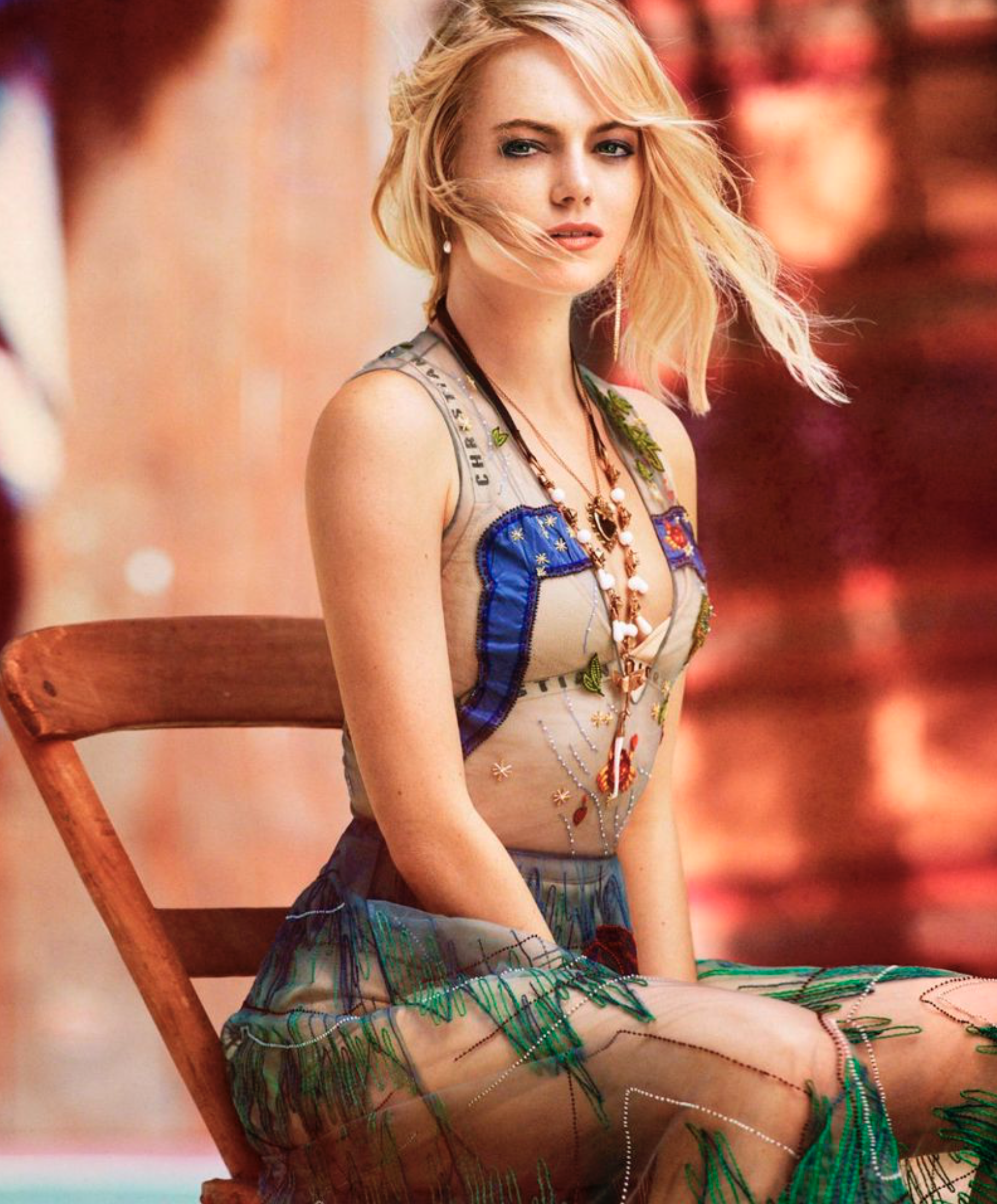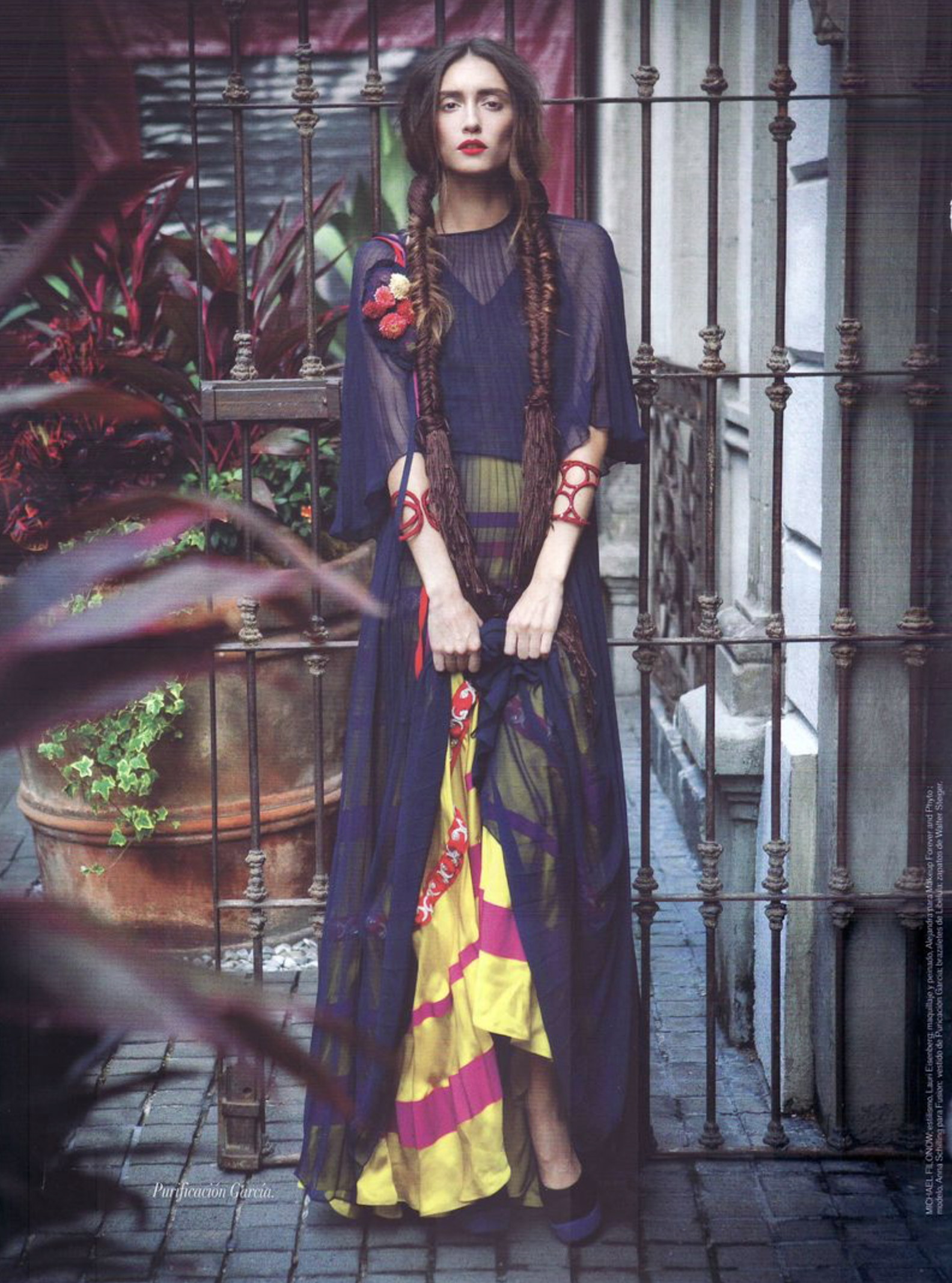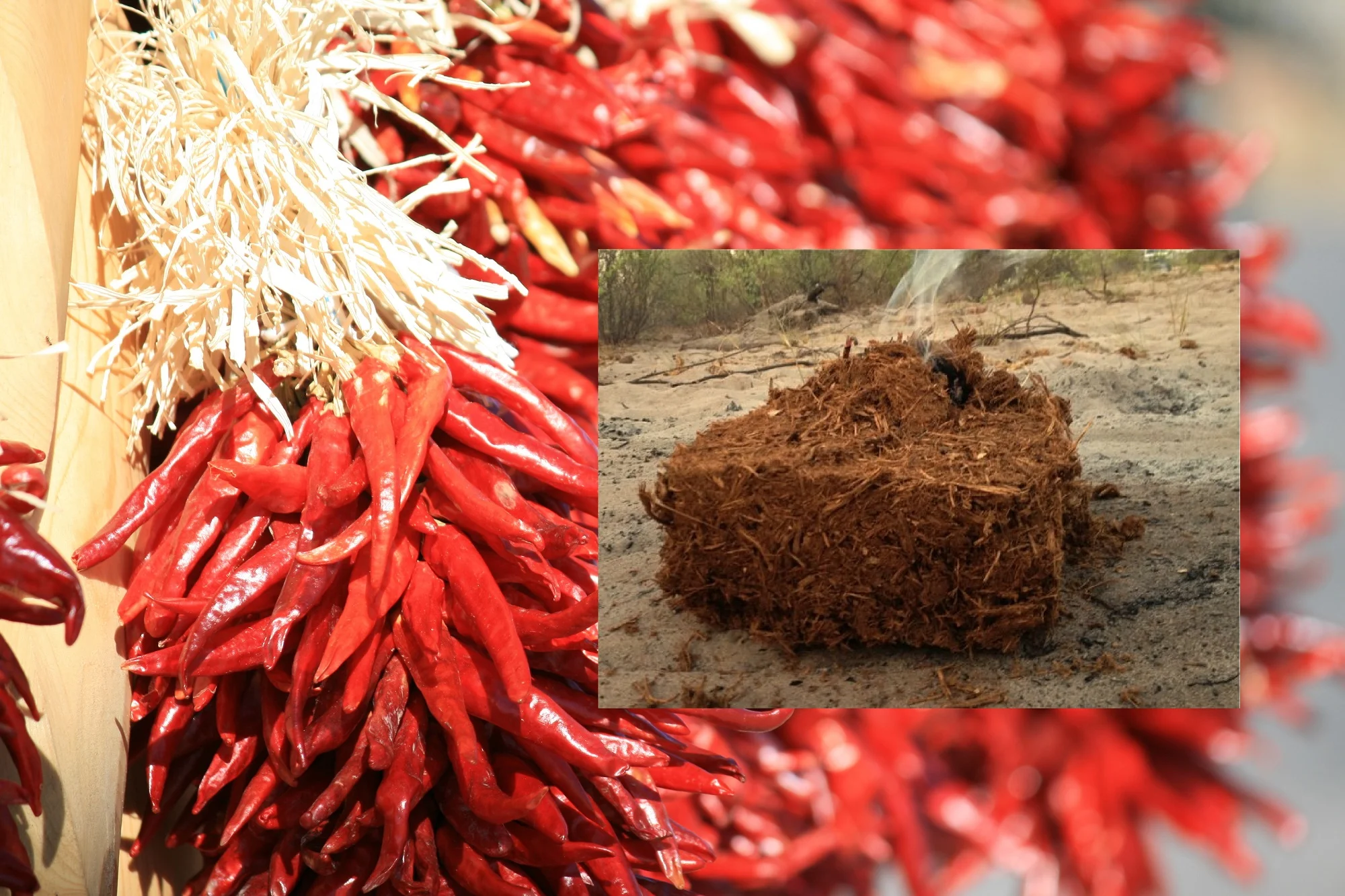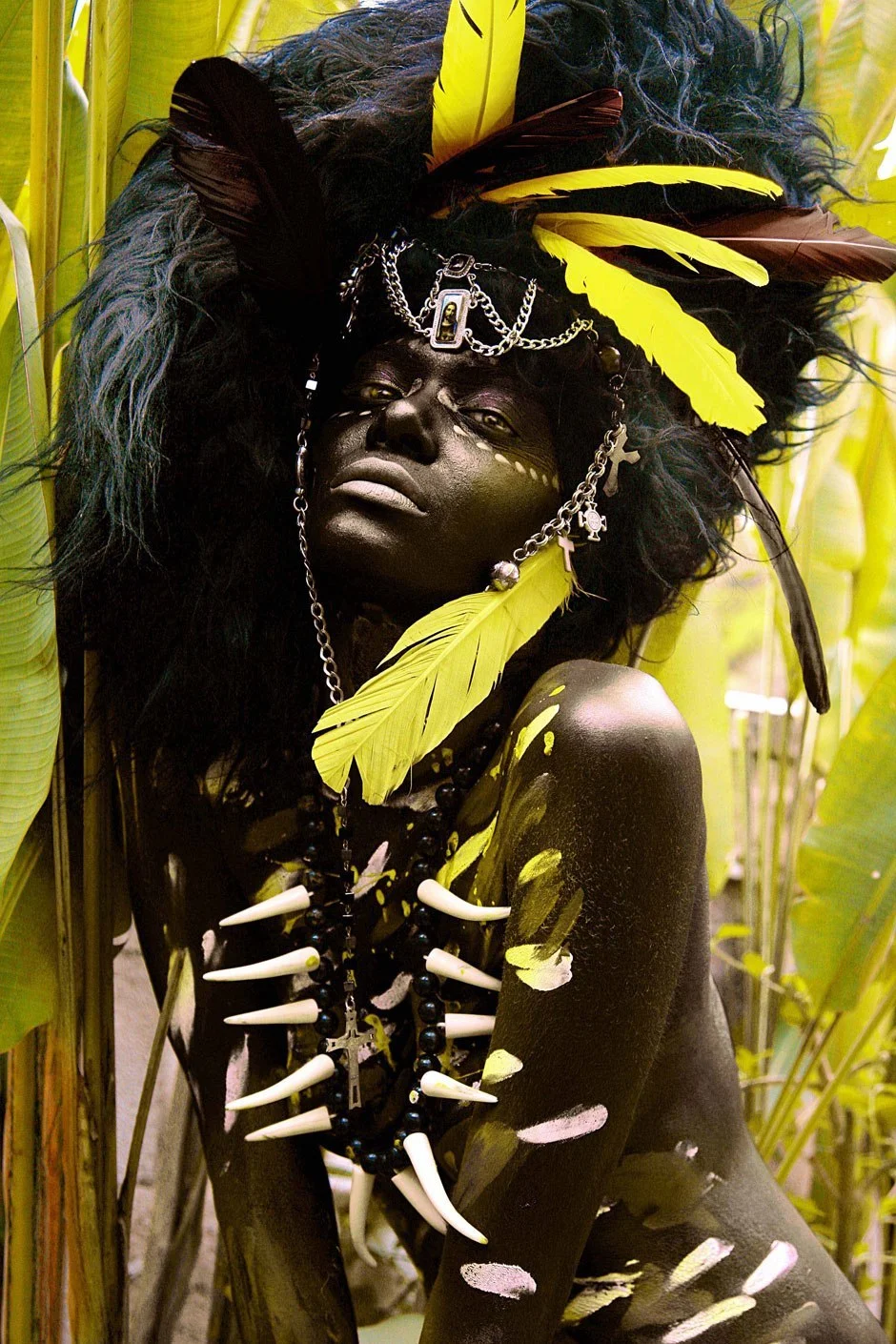Burning Chillies and Dung Could Help Stop Elephants Damaging Farmers’ Crops, While We Search For Big Solutions That Work
/By Rocio Pozo, Postdoctoral Research Associate in Environmental Sciences, University of Stirling. First published on The Conversation.
Note from Anne: AOC has shared extensive research about human’s conflict with elephants in Africa. In my experience most Westerners have almost no patience, understanding or empathy around the lives of African farmers living with the elephants. Please watch the embedded video ‘Pathways to Coexistence’ documentary (2015), a SUPERBLY well-done, balanced examination of a conflict between elephants and people, conflict that will only intensify in Africa with population growth and economic expansion.
Humans — specifically African farmers — are not the bag guys in this wrenching drama around saving our precious elephants. A change in the overly-simplistic, American and European Twitter-universe, off-with-their heads attitudes towards trophy hunters (we agree) and farmers (we don’t agree) is long overdue on this complex topic.






